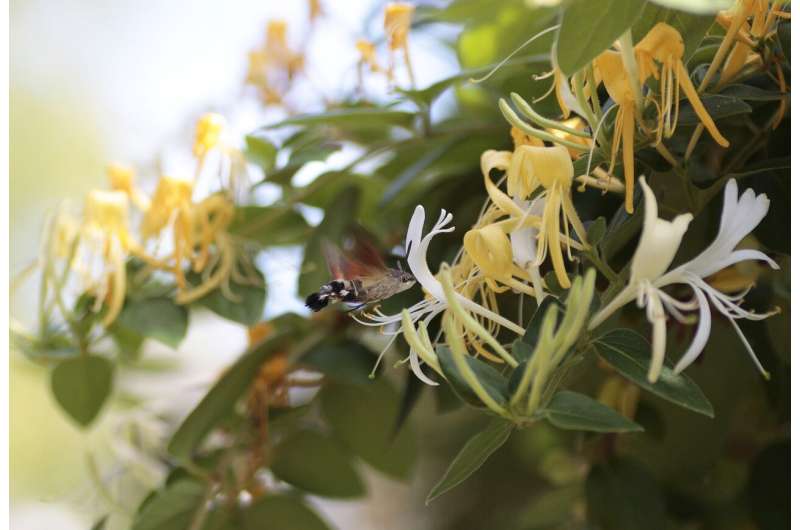Scientists call for improved approach to biodiversity targets on invasive species

A Monash-led international commentary on the harm caused by biological invasions has urged policy makers to develop conversation targets in a unified framework informed by new data integration methods developed in the last decade.
The call comes as the targets in the Convention on Biological Diversity (CBD) approach expiration in 2020.
The convention sets out 16 outcome-oriented global targets set for 2020.
Lead author of the commentary published today in One Earth, Professor Melodie McGeoch from the Monash School of Biological Sciences said invasions by alien species were causing tremendous harm to biodiversity and human well-being.
When species spread outside of their historic geographic ranges they introduce new traits, behaviors and genes and alter ecosystems by introducing new biological interactions, causing species extinctions, and changing habitats.
"The financial burden of damage from alien species is over 5% of the global gross domestic product, and countries spend billions of dollars annually to manage invasive pathogens, weeds and animal pests," Professor McGeoch said.
"But the Convention on Biological Diversity 2020 targets on invasive species were established without mechanisms in place for measuring or evaluating progress," she said.
Since the previous target discussion a decade ago, new data streams, data integration methods, and online information tools now offer an entirely different prospect of linking the invasive species target to a global monitoring and decision-support system for biological invasions and their impacts.
Professor McGeoch said unequivocal targets supported by robust, sustainable indicators of progress were essential to turning the invasion tide.
Such targets would guide and leverage efforts by countries to deliver data central to understanding, monitoring, and alleviating the ongoing risks posed by species invasions.
"To this end we suggest a stronger post 2020 target to reduce the impact and limit the spread of alien species harmful to biodiversity ad ecosystems by 2030," Professor McGeoch said.
"The transboundary nature of biological invasions means that information and decision-support tools addressing the spread and impact of alien species must span administrative boundaries," she said.
"There is now transformational potential to deliver actionable information to national and other agencies tasked with managing biological invasions by developing science-driven workflows and tools."
More information: Melodie McGeoch et al. Measure and Reduce the Harm Caused by Biological Invasions, One Earth (2019). DOI: 10.1016/j.oneear.2019.10.003
Provided by Monash University




















